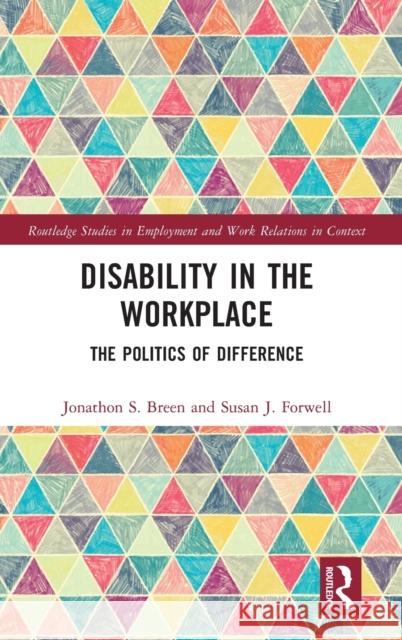Disability in the Workplace: The Politics of Difference » książka
Disability in the Workplace: The Politics of Difference
ISBN-13: 9781032116068 / Angielski / Twarda / 2023 / 208 str.
Disability in the Workplace: The Politics of Difference
ISBN-13: 9781032116068 / Angielski / Twarda / 2023 / 208 str.
(netto: 653,03 VAT: 5%)
Najniższa cena z 30 dni: 604,49
ok. 22 dni roboczych.
Darmowa dostawa!
This book introduces the difference model of disability. Framed within an affect-based understanding of the relationships between those living with impairments and others, this new model offers a reconsideration of the construct of disability itself. Disability is flexible, relational, and perceived through an acognitive lens.
This book introduces the difference model of disability. Framed within an affect-based understanding of the relationships between those living with impairments and others, this new model offers a reconsideration of the construct of disability itself. Disability is flexible, relational, and perceived through an acognitive lens.
At a practice level, the difference model offers a framework for creating more positive and successful relationships between people with disabilities (PWDs) and others within the workplace. This includes two new tools, the Co-Worker Acceptance of Disabled Employees (CADE) Scale and the Perceived Barriers to Employing Persons with Disabilities (PBED) Scale. Designed to measure workplace attitudes, and changes to these attitudes, each of these scales provides empirical evidence in support of strategic planning and, ultimately, an increased representation of PWDs. Finally, this book considers the effects of language and technology on workplace attitudes toward disability.











